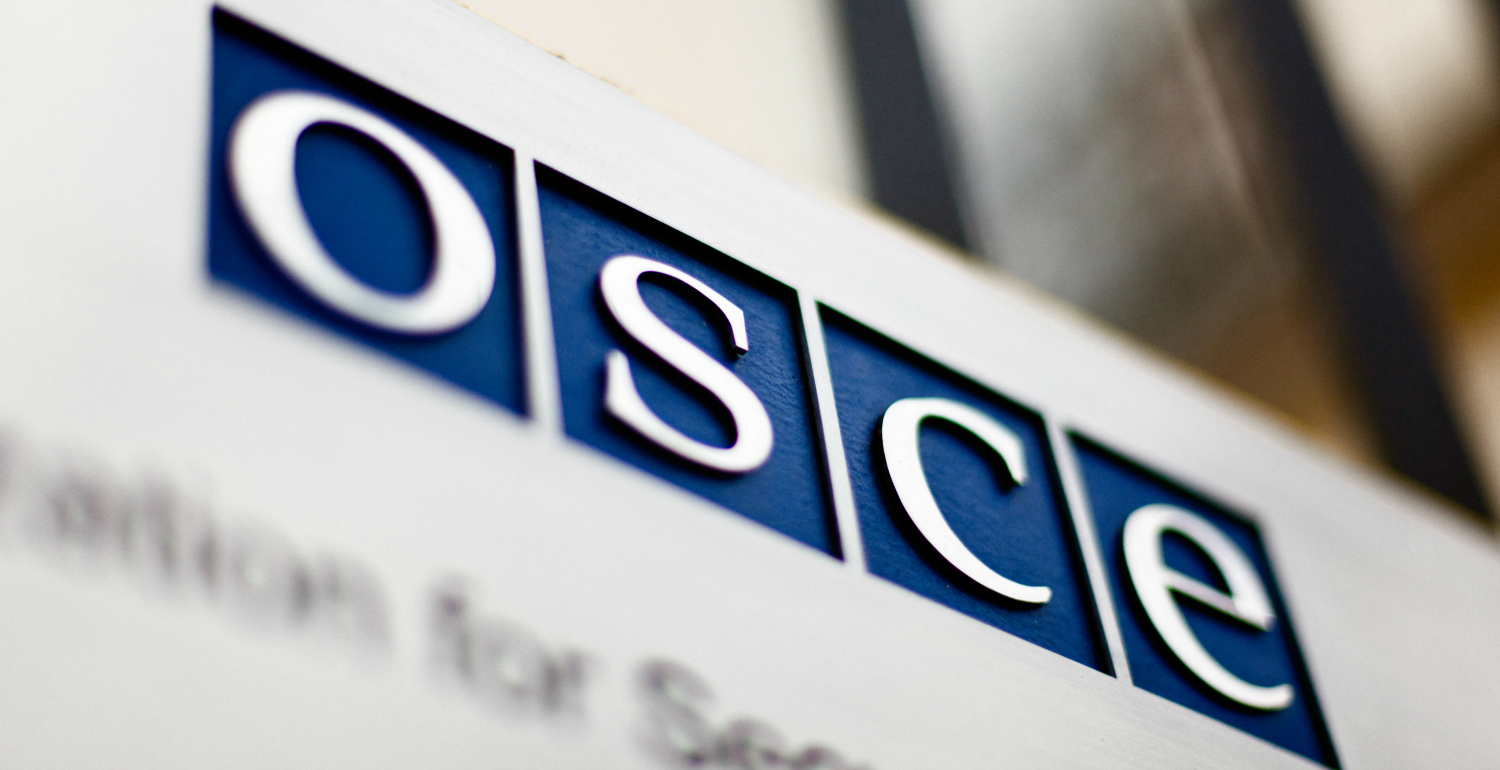This hearing, held on October 20, 2015, discussed possible responses to the Syrian refugee crisis. Witnesses, including representatives from the American and Serbian governments, the UNHCR, the European Union, and non-profit groups working with refugees, highlighted the scale and intensity of the crisis. Many of the witnesses also emphasized the need for cooperation among governments and between governments and non-profit organizations in addressing this crisis.
Members
Hon. Benjamin Cardin
Commissioner
Commission on Security and Cooperation in Europe
Hon. Joseph Pitts
Commissioner
Commission on Security and Cooperation in Europe
Hon. Michael Burgess
Commissioner
Commission on Security and Cooperation in Europe
Hon. Jeanne Shaheen
Commissioner
Commission on Security and Cooperation in Europe
Hon. John Boozman
Commissioner
Commission on Security and Cooperation in Europe
Hon. Randy Hultgren
Commissioner
Commission on Security and Cooperation in Europe
Hon. Steve Cohen
Commissioner
Commission on Security and Cooperation in Europe
Witnesses
Anne Richard
Assistant Secretary of State for Population, Refugees, and Migration
Department of State
Relevant Issues
Relevant Countries
Leadership

Helsinki Commission Advances Human Rights, Demands f...
Oct 19, 2023By Shannon Simrell, Senior Policy Advisor Between October 2-13, 11 Helsinki Commission staff joined approximately 1,400 representatives of OSCE participating States (pS) and civil society representatives in Warsaw, Poland in […]

Hearing: Has the United Nations Failed Ukraine and t...
Sep 27, 2023Wednesday, September 27, 2023 2:00 pm to 3:30 p.m. Rayburn House Office Building Room 2200 Stream live here: https://www.youtube.com/watch?v=RrBXYsQA0Qk In 2022, Russia launched a full-scale invasion of Ukraine and the […]

Has the UN failed Ukraine and the World?
Sep 23, 2023Many leaders and experts argue that the United Nations has struggled to uphold Article I of the UN Charter which mandates the UN to “take effective collective measures for […]
HEARING: RESCUING UKRAINIAN CHILDREN AND WOMEN FROM ...
Jul 19, 2023Wednesday, July 26, 2023 10:00 a.m. to 11:30 a.m. Rayburn House Building room 2200 Streaming here: https://www.youtube.com/watch?v=_n-NyI5xjt8 Russia’s war has exposed the critical need for U.S. and international action to […]

United States Demonstrates Global Leadership on Ukra...
Jul 14, 2023The Helsinki Commission’s four senior leaders helmed the United States’ bicameral, bipartisan delegation to the 30th Annual Session of the OSCE Parliamentary Assembly last week in Vancouver, Canada. Co-Chairman Senator […]
Helsinki Commission Chair and Co-Chair Lead Delegati...
Jul 10, 2023WASHINGTON—Helsinki Commission Co-Chair Senator Ben Cardin (MD) and Helsinki Commission Chair Representative Joe Wilson (SC-02) led a bipartisan Congressional delegation to the 30th Annual Session of the OSCE Parliamentary Assembly (OSCE […]
Helsinki Commissioners Lead Call for “Clear an...
Jun 21, 2023WASHINGTON—Last week, members of the Commission on Security and Cooperation in Europe, Chairman Representative Joe Wilson (SC-02), Ranking Member Representative Steve Cohen (TN-09), Commissioners Sen. Richard Blumenthal (CT), Sen. Sheldon […]

Protecting Ukrainian Refugees from Human Trafficking
Apr 07, 2023More than 4 million refugees have fled Ukraine since Russia’s massive invasion on February 24, in the largest migration of people in Europe since the Second World War. Given Ukraine’s […]

North Macedonia’s Leadership of the OSCE in a ...
Feb 28, 2023North Macedonia has taken up leadership of the world’s largest regional security organization—the Organization for Security and Cooperation in Europe (OSCE)—a year into Putin’s brutal invasion of Ukraine. Much of […]
HEARING: NORTH MACEDONIA’S LEADERSHIP OF THE OSCE IN...
Feb 24, 2023Tuesday, February 28, 2023 1:00 p.m. to 2:00 p.m. Streaming: https://www.youtube.com/watch?v=xNgAOyC9f5g North Macedonia has taken up leadership of the world’s largest regional security organization—the Organization for Security and Cooperation in Europe […]
U.S. Delegation to the OSCE PA presents Joint Statem...
Feb 24, 2023WASHINGTON— Today, the U.S. Delegation to the Parliamentary Assembly of the Organization on Security and Cooperation in Europe (OSCE PA) endorsed the “Joint Statement of Action on the One-Year Anniversary of […]
Steadfast Support for Ukraine: United States Delegat...
Feb 23, 2023WASHINGTON – Today, the United States Delegation to the Parliamentary Assembly of the Organization for Security and Cooperation in Europe (OSCE PA), led by Senator Ben Cardin (MD), met with […]


